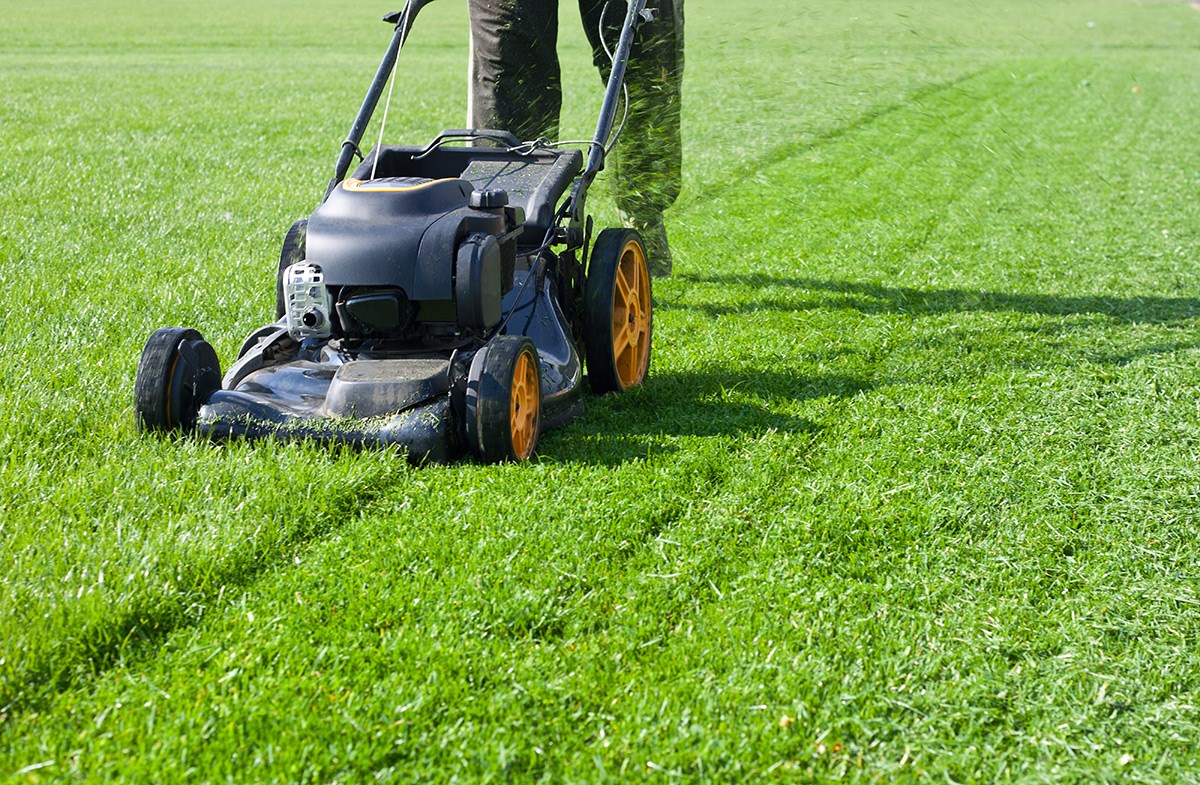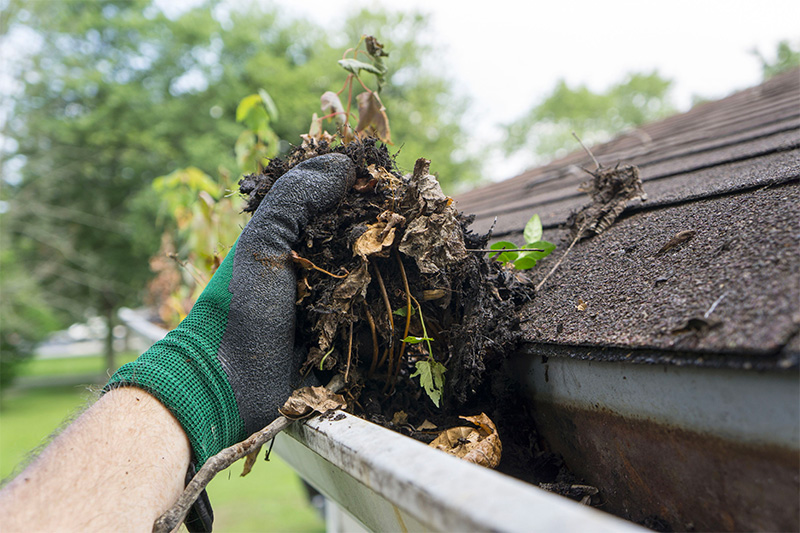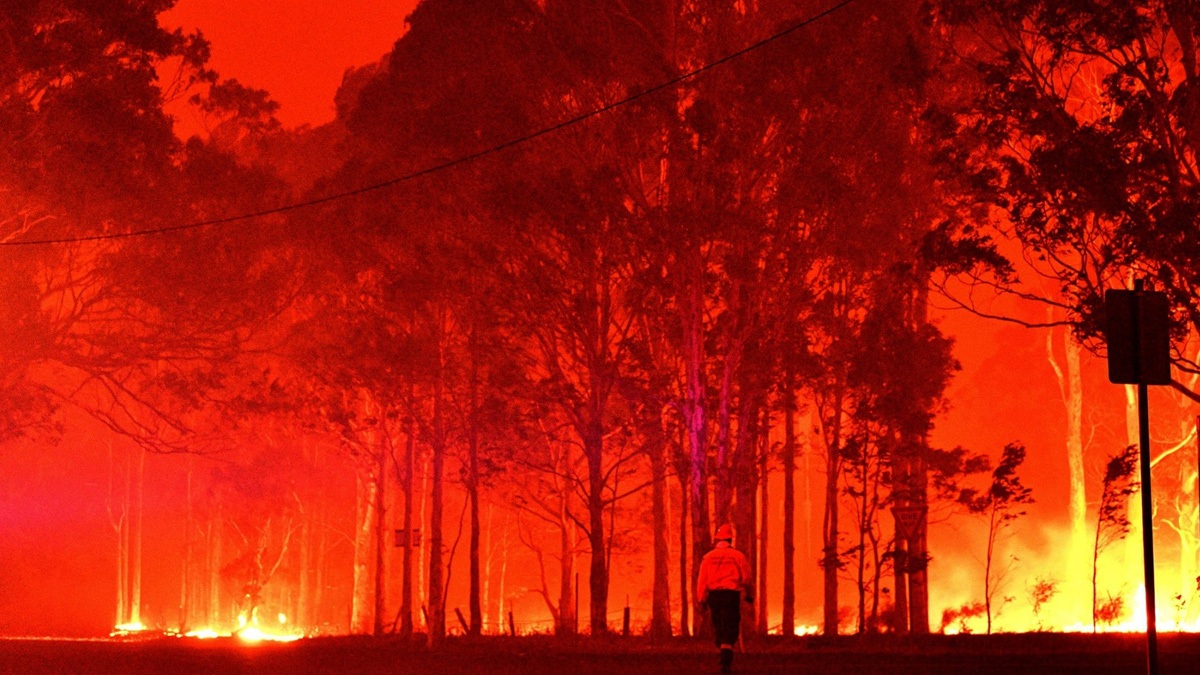10 Simple Steps to Bushfire Preparation
Bushfires come about either through natural causes or human activities. These fires affect our vegetation, most of the time cause damage to our property and sometimes loss of lives. Considering all these adverse effects, we have to protect our vegetation and property by preparing and handling bushfires.
Over the years, bushfires have caused a lot of damage, and we have little or no control over them. The good news is that there are specific measures we can put in place to minimise the damages.
It is vital to know your area and determine the frequency at which these fires occur. If your neighbourhood has no history of such fires, it is also essential to be safe. Here are some tips on bushfire preparation.
How to Plan And Prepare for A Bushfire
Every household should take the initiative to plan and prepare for the fires. Planning and preparation is a series of necessary steps that help reduce damages. The techniques recommended are easy to implement. They include:
- Storing flammable materials separately
Flammable items such as wood, gas etc. should be kept separately and stored safely as they are fire hazards. Another helpful tip is to keep firewood in an enclosed metal container away from the house.
- Replace timber decks with the synthetic type
Timber decks quickly catch fire, therefore, increasing the damage caused. Replacing them with the synthetic type that is less of a hazard, reduces the damage.
- Get a home insurance cover
Damages caused by the fires might be extreme, or your home gets burnt to the ground. Getting insurance coverage helps cover such expenses. Upgrade your insurance cover regularly to ensure you are well catered for.
- Clear long vegetation around your home
Activities such as cutting lower tree branches, clearing long grass and shrubs help reduce damages in bushfires. Maintain your vegetation by keeping grass short and compound clean.

When Should You Start Preparing?
Start preparing early. We recommend that you evacuate the area earlier if you are not bushfire prepared or if the property cannot withstand the fires. Other measures to consider are:
- Having an emergency water supply
Always ensure you have water supply available. We recommend that the water have high pressures for ease of directing when putting out the fire. Test the water supply regularly to ensure it is flowing.
Firefighters can also use the emergency water supply.
- Educate yourself and others on fire prevention measures
Take the initiative of informing your neighbours, friends and family on safe methods to use in case of a bushfire. Educate them on what to do and what not to do during such events.
- Have an emergency fire kit
The advantage of having the emergency kit is in case of such fires; you can quickly evacuate and carry essentials with you. Ensure that you have the following in your kit; torch, batteries, drinking water, first aid kit, clothes, fire extinguisher, goggles, gloves, towels, blankets. Also, keep a means of communication and other basic requirements.
- Turn pressure relieve valves away from the house.
Pressure relieve valves can accelerate the bushfires’ speed—fire experts advice we have them facing away from your house.
- Stay up to date
Bushfires can start at any time, and they change direction without warning. Watch the news or go to the relevant government sites to find out the latest updates about bushfire warnings and the affected areas. This helps you during your preparation or as you evacuate to safer grounds.
Find out fire danger ratings of your area also. Watch the news, read newspapers, journals and other relevant material for more information.
- Maintain your environment
Tree and other vegetation debris can accelerate bushfires, and, therefore, we should know how to maintain the area around us. Mow the grass, rake up dry leaves, clear leaves from roofs and downpipes, remove dry weeds, prune trees and keep your garden moist.

Help if You Need It
Information about bushfires is readily available through weather updates, newspapers and other online sources, but we might sometimes need extra help. Those living in Australia use the hotline 1800 252 604 that operates from Monday to Friday from 9 am to 6 pm. In case of an emergency, dial triple zero (000).
Visit your county’s official website for more information on compensation, rescue and other services.
References
- https://www.dss.gov.au/about-the-department/bushfire-information-and-support.
- https://www.chubb.com/au-en/businesses/resources/bushfire-safety-tips.html
Written by The Original PC Doctor on 17/1/2021.






















































































